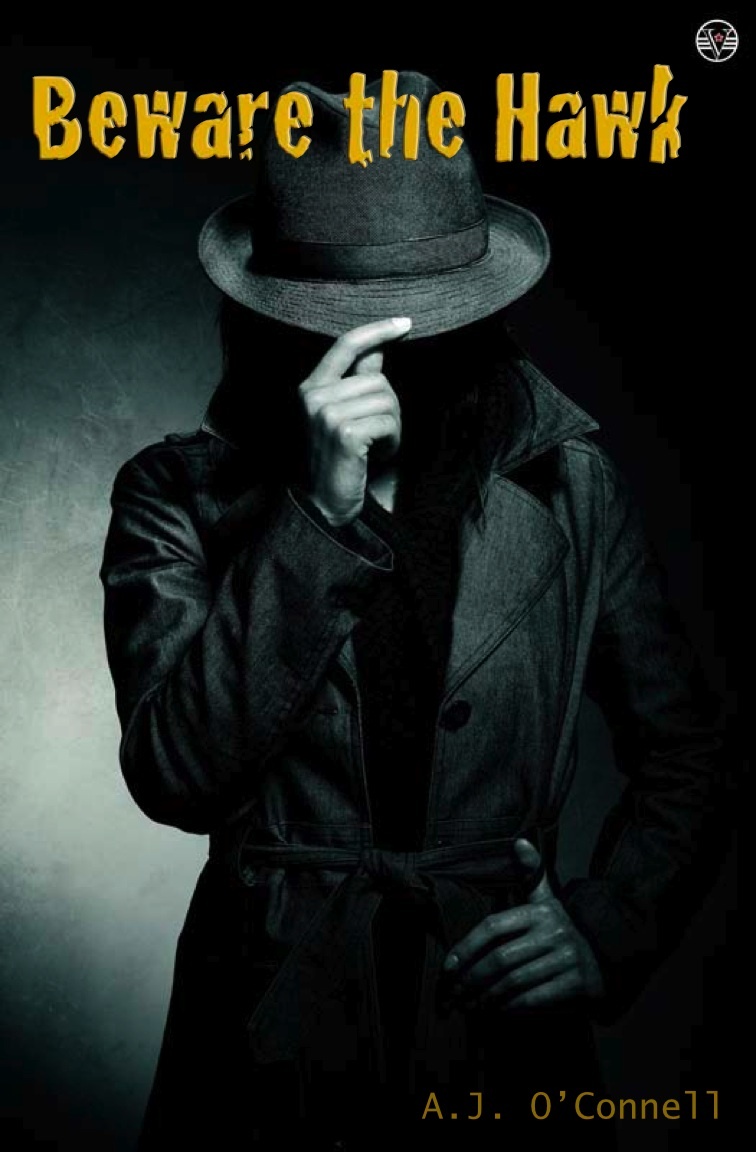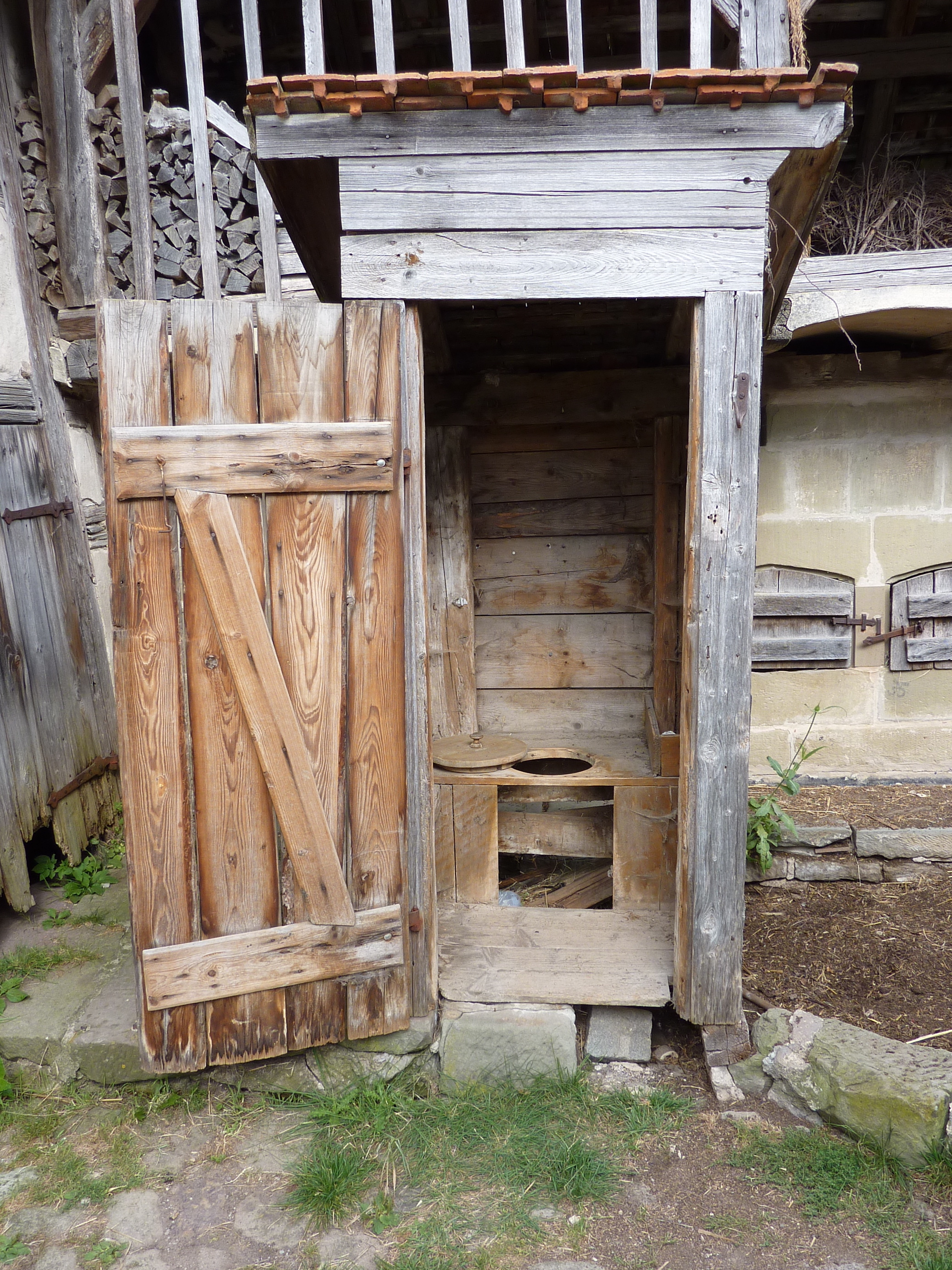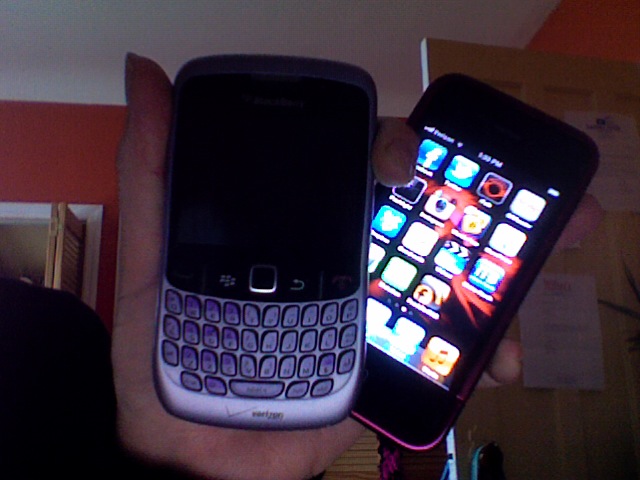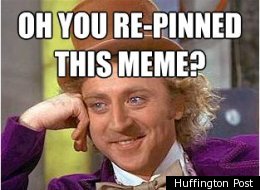What is the deal with all the Snow White adaptations in 2012? This year has seen the release of two big screen versions of the fairy tale – Snow White and the Huntsman and Mirror, Mirror – and one television show, Once Upon A Time.
This year has also seen the release of possibly the worst Snow White adaptations of all time, Grimm’s Snow White, a direct-to-DVD affair that substitutes elves for dwarves, adds dragons, a magical falling star from outer space, and a bunch of CG dogs that look a lot like the beast from The Brotherhood of the Wolves.
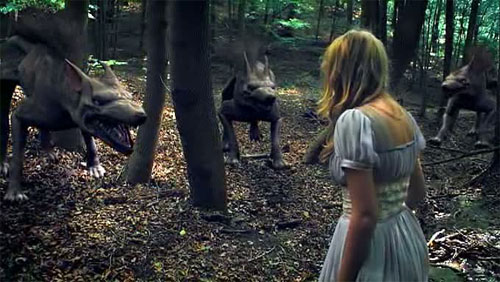
Everybody’s a critic.
This, of course, is the Snow White version that my husband and I decided to Netflix last night.
I found it ironic that the filmmakers decided to differentiate their Snow White from the other two by titling it Grimm’s Snow White, because I don’t remember elves, dragons, comets or secret societies of back-flipping ninja elves in the version set down by the Brothers Grimm.
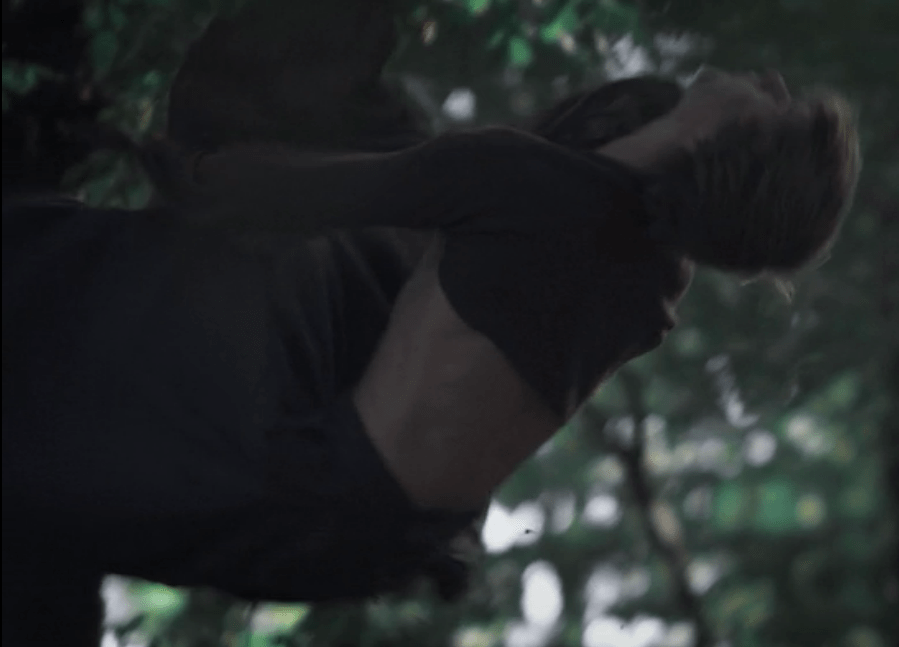
This upside down thing is supposed to be a “dark elf.” It’s not. It’s in the middle of a flip, it’s wearing black and you can’t see it clearly. That makes it a ninja.
Just to be sure that I didn’t miss anything the first time I read it, I downloaded the Grimms’ 1819 version of Household Tales onto my Kindle last night and re-read it.
Now, as a feminist, Snow White is hardly my favorite fairy tale. The story contains so many elements that I hate, I hardly know where to begin.
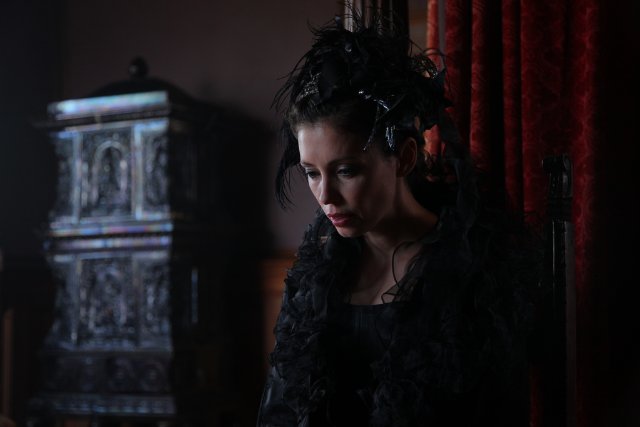
This woman doesn’t need to be the fairest. She needs to operate a charity or go back to school or something.
Let’s start with the queen, a woman so consumed by her own looks that she’s willing to kill her own stepdaughter in order to avoid being overshadowed in the beauty department.
This is a woman who has an awful lot of talents that are being misdirected. She has a magical mirror, she’s able to whip up poison like nobody’s business and she’s a master of disguise. She’s like the Real Housewives version of MacGuyver. But does she direct these talents toward useful things? No. The only thing she uses her mirror for is to find out how hot she is (Pro tip: normal mirrors work just fine for that) and to Google directions to the dwarves’ cottage so that she can pose as a sort of medieval Avon lady.
The evil queen has recently been recast into a cougar mold, and is often represented as being after the prince, which irritates me because once again, we have a clever woman whose ambitions are based on competition for a man.
Allow me to move on to Snow White, a young woman with absolutely no intelligence, who is – three times – brought low by shopping. The dwarves keep telling her not to open the door to strangers, because her stepmother is trying to kill her. But every time a saleswoman comes to the door, Snow White parades right out to buy whatever is being peddled, and it’s always made of poison.
The only thing keeping this kid from certain death is the fact that her looks charm various people into taking care of her. The huntsman lets her run away into the forest. The dwarves allow her to invade the man-cave and although she doesn’t take their advice (three times) they save her twice.
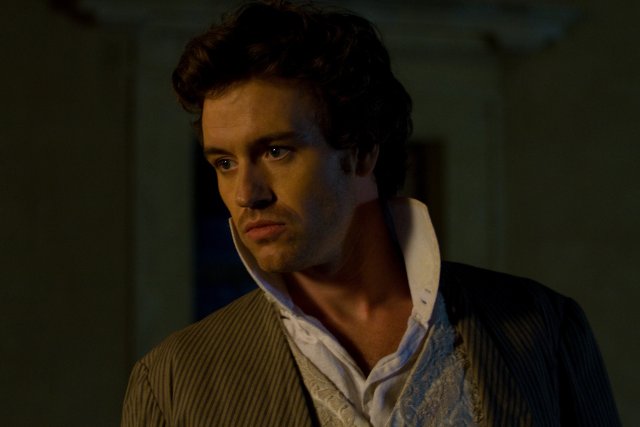
What look is the prince going for? Mr. Darcy imitation? Team Edward? You decide.
The prince, who likely has a necrophilia problem, takes her coffin from the dwarves and carries it around with him until a servant accidentally Heimlichs the apple out of her mouth. He decides to marry her as soon as she comes out of her coma and she accepts instantly. Maybe out of love. Maybe out of hormones. Maybe out of realizing that if she marries this guy, she can get out of the forest and back into royal life.
But the most disturbing thing about Snow White is the entertainment she arranges for her wedding. She invites her stepmother, heats up some iron shoes until they are red hot and forces her stepmother to put them on and dance for the guests until she falls down dead.
Up until this point, she’s been pure and innocent, but now she’s enjoying a display of torture at her wedding reception. Most people would probably go for a deejay or jugglers or something, but not our girl Snow White, who’s turning out to be no better than her stepmother, which makes me think that these two women have quite a bit in common. They’re beautiful, ambitious and cruel…. they could almost be related.
That’s because they are. If you read the 1812 version of the Grimm’s fairy tale, you realize that they are about as closely related as you can get.
In the earliest version of the Grimms’ story, the antagonist of Snow White was the princess’s own mother. The same queen who wished for a child with white skin, red lips and ebony hair grew to hate her own daughter when Snow White surpassed her in beauty at seven years of age.The Grimms changed this for the 1819 version. Maybe because mothers were reading this story to their daughters.
Actually, the resemblance is striking in at least one adaptation:
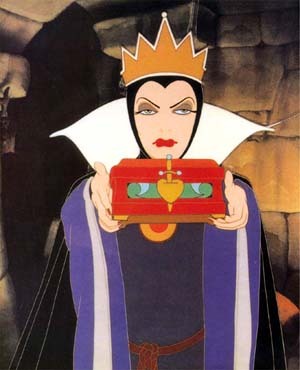
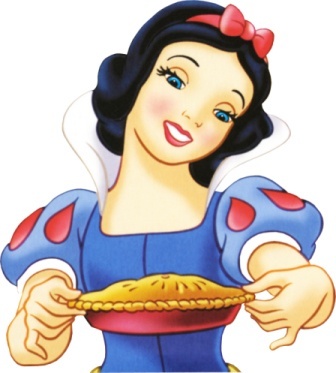
Snow White’s age is another point of interest for me. The tale doesn’t tell us how old Snow White is, exactly, but if the action starts when she’s seven, and the story refers to her as “Little Snow White” and all the other characters call her “child,” I’m going to go out on a limb and say that she’s probably 12 or 13 when she ends up with the prince. Maybe 15 or 16, since she’s in that coma for a long time (although the story says she doesn’t change, so we can’t be sure.)
But if you think about lifespans a long time ago, 12 was a pretty normal age for a girl to be eligible for marriage. Maybe her mother was a teenager when she wished for a beautiful daughter. And maybe Snow White does the same after the story ends and then becomes jealous of her own daughter.
It’s the circle of life, kids.
More Grimm tidbits:
* The huntsman falls in love with a pretty seven year-old. That’s why he doesn’t kill her.
* In the 1812 story, the prince’s servants get so upset about lugging a corpse around all day that one of them opens the casket and hits Snow White, dislodging the apple.
* The queen thinks that she’s eaten the child’s heart and liver.
* There are a bunch of Snow White-like stories. They are classified as type 709 by the Aarne–Thompson tale type index.
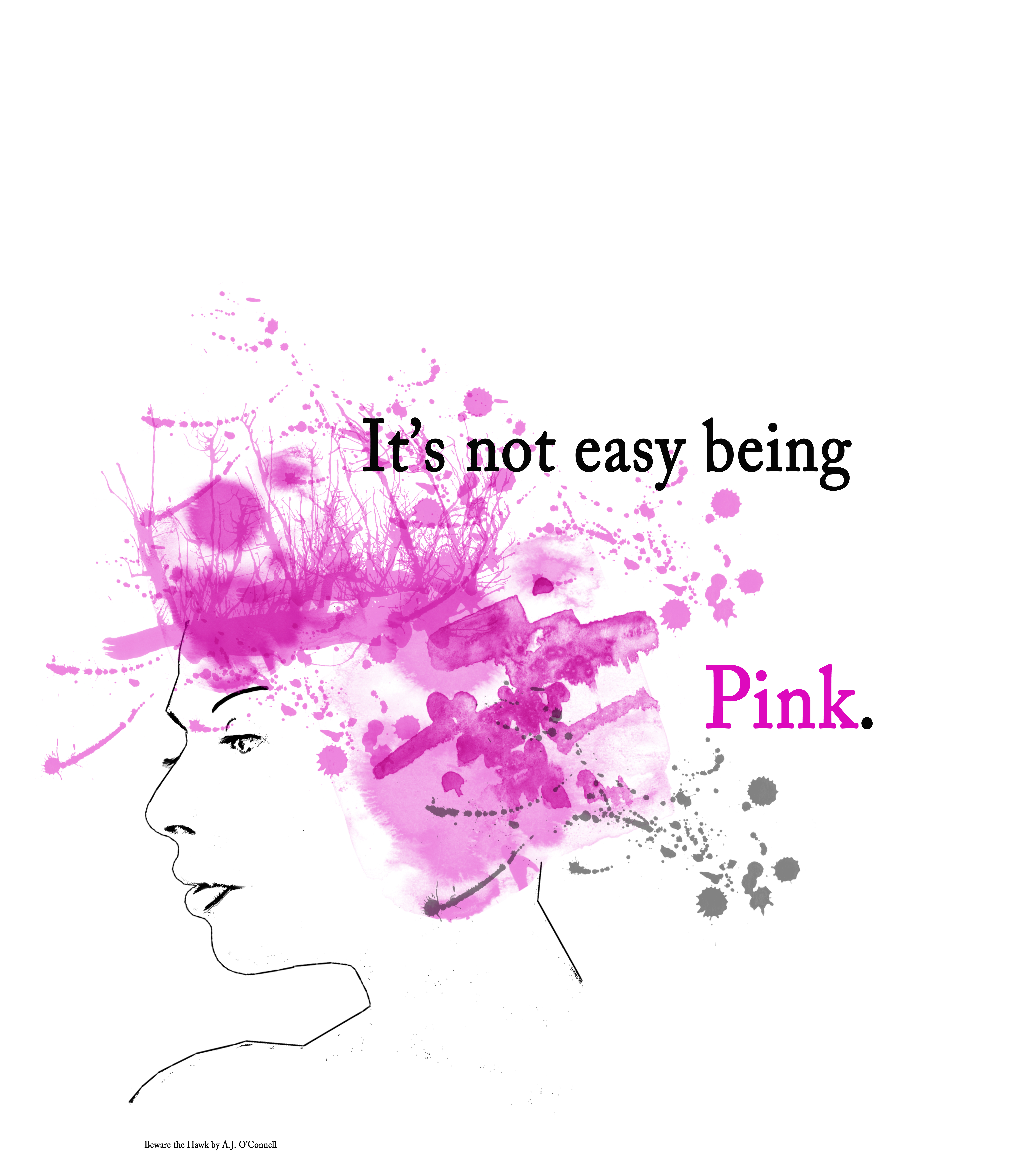 I’m looking for a little help from my readers. And as usual, it will take the form of a contest.
I’m looking for a little help from my readers. And as usual, it will take the form of a contest.
